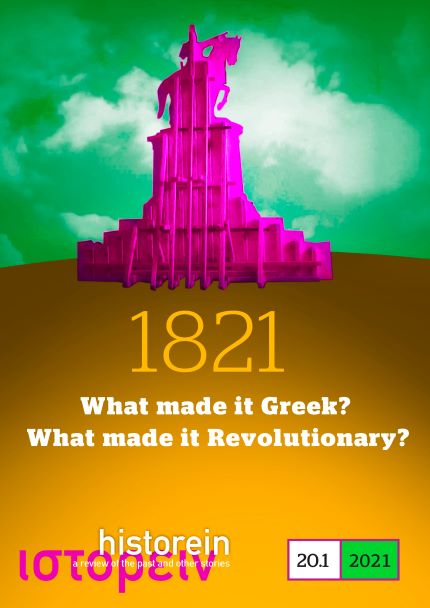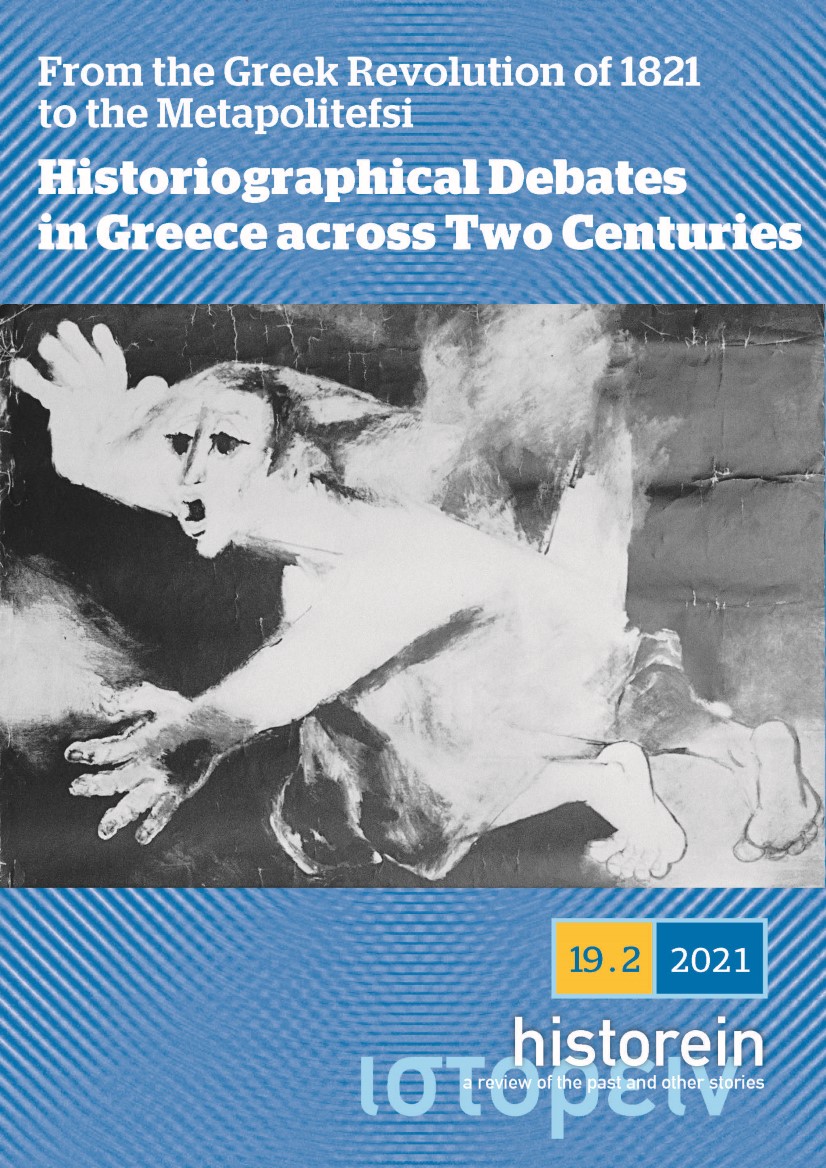Neophotistoi and Apostates: Greece and Conversion in the Nineteenth Century

Abstract
Greek historiography no longer ignores the massacres of non-Christians during the Greek War of Independence, but little thought is given to the fate of those Muslims and Jews that survived or how their presence, as non-Christians or as new converts, impacted the new state, its ideology, structures, policies or laws. This article begins to address this gap and attempts to highlight the seriousness with which Greek governments, both in the revolutionary and post-independence periods, confronted this issue. Using a variety of sources such as wills and dowry contracts, court cases, government records and revolutionary memoirs, the article attempts to show that modern historiography has underestimated the numbers and significance of converts and conversion, and that in this regard Greece and the Ottoman Empire share remarkable similarities in their treatment of conversion, the conflicts it generated, and the use of religion to shore up political weakness. As in the Ottoman Empire, conversion was a thorny issue for the early Greek governments that were trying to establish their legitimacy in the international arena. At the same time it provided opportunities for Greece to assert its influence far beyond its physical capacities, presenting itself as the defender of Orthodox Christians, a role previously monopolised by the Russian Empire.
Article Details
- How to Cite
-
Doxiadis, E. (2022). Neophotistoi and Apostates: Greece and Conversion in the Nineteenth Century. Historein, 20(1). https://doi.org/10.12681/historein.24980
- Section
- I. THE CONSOLIDATION OF REVOLUTIONARY GREECE

This work is licensed under a Creative Commons Attribution-NonCommercial-ShareAlike 4.0 International License.
The copyright for articles in this journal is retained by the author(s), with first publication rights granted to the journal. By virtue of their appearance in this open access journal, articles are free to use (with the exception of the non-granted right to make derivative works) with proper attribution for non-commercial uses (licence Creative Commons 4.0). EKT/NHRF retains the worldwide right to reproduce, display, distribute, and use articles published in Historein in all formats and media, either separately or as part of collective works for the full term of copyright. This includes but is not limited to the right to publish articles in an issue of the Journal, copy and distribute individual reprints of the articles, authorize reproduction of articles in their entirety in another EKT/NHRF publication, and authorize reproduction and distribution of articles or abstracts thereof by means of computerized retrieval systems.


